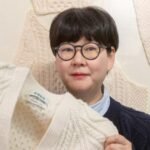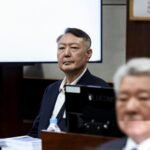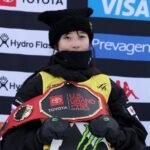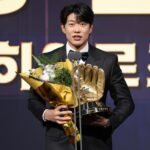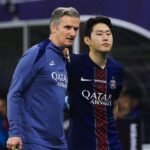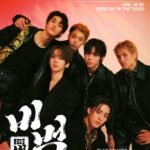Hyundai Motor’s IONIQ 5 N
Hyundai Motor Group said on Tuesday that the powertrain system mounted on its dedicated electric vehicle platform, E-GMP, has been named one of the 10 Best Engines & Propulsion Systems by the US automotive media outlet Wards Auto.
The top powertrain systems selected this time are those of Hyundai Motor Co. ‘s IONIQ 5 N and Kia Corp. ‘s EV9 GT-Line.
With this, Hyundai Motor Group has won this award in the powertrain category for three consecutive years, following the IONIQ 5 in 2022 and the IONIQ 6 last year.
Since 1995, Wards Auto has annually selected the 10 Best Engines, which is often referred to as the Oscars of automotive powertrain technology.
As electrification has rapidly advanced in the powertrain sector, Wards Auto renamed the award from 10 Best Engines to 10 Best Engines & Propulsion Systems in 2019.
This year’s 30th-anniversary outcomes were determined by Wards Auto’s panel of judges, who comprehensively evaluated the performance, efficiency, and technological prowess of 34 powertrains installed in new cars sold in the US, ultimately selecting the final 10 best powertrains.
The powertrain systems of the IONIQ 5 N and EV9 were praised for their excellent driving performance, range on a single charge, and advanced driving-related technologies.
The IONIQ 5 N boasts a combined maximum output of 478 kW (650 horsepower) from its front and rear motors, with a maximum torque of 770 Nm (78.5 kgf.m), and it is equipped with a high-output 84.0 kWh battery.
The EV9 is equipped with a large 99.8 kWh battery, allowing it to travel up to 501 km on a single charge.
With this latest award, Hyundai Motor Group has received the 10 Best Engines award 18 times, starting with the gasoline 4.6-liter Tau engine installed in the first-generation Genesis (BH) in 2008.
By Jin-Won Kim
jin1@hankyung.com

